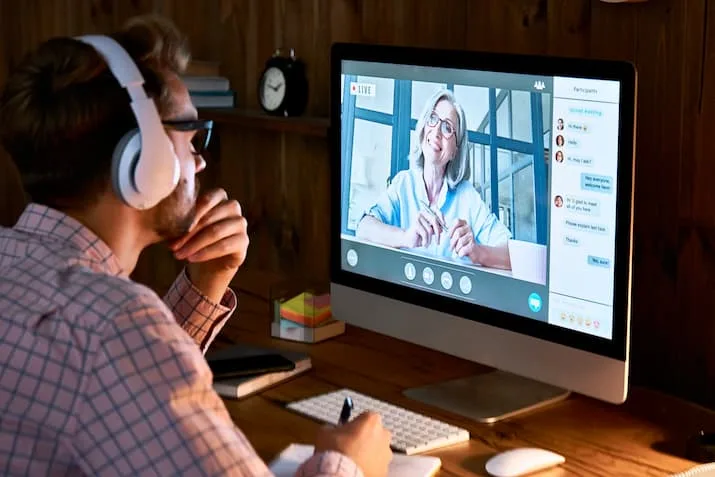10 fun and useful facts about sleep
By Open Universities Australia
It's easy to push back on sleep when you're busy, but there's a thing or two you should know about nature's recharge process.
Sleep. It’s as essential as eating and breathing, yet we struggle to make time for it given our over-packed schedules.
We’re constantly under pressure to fit more in, and with the online world at our fingertips 24/7, it’s becoming harder to justify a solid, eight hour block of sleep.
Time and time again, we’ve been warned that sleep deprivation can have a disastrous effect on our health, but when balancing the role of student with, say, the role of employee, mother, father, friend and pet-owner, now might be the time to start giving some thought to your sleeping habits.
We hope that our list equips you with some fun and useful new information about sleep—but if we find out that you’re using your sleeping time to read this, we will look for you, we will find you, and we will tuck you in really, really tight.
1. The only mammal that deliberately puts off sleeping is the human.
In our defence, it’s not like cats have a whole season of The Bear to catch up on.
2. Falling asleep should ideally take 10 to 15 minutes.
If you’re able to fall asleep at night in less than 5 minutes, it’s likely that you’re sleep deprived.
3. There are two times during a 24-hour period that you experience a peak in tiredness.
That's 2am and 2pm. So maybe your post-lunch food baby isn’t the only thing to blame for your heavy eyelids.
4. People who sleep less eat more.
This is because of decreased levels of the hormone leptin, which regulates the appetite, and helps well-rested people control their cravings for food.
5. Levels of light play a big part in establishing sleeping rhythms.
Darkness encourages the body to fall asleep and light encourages the body to wake up. The light emitted from devices like your TV, computer, phone or even alarm clock will trigger a drop in the levels of a brain chemical that promotes sleep.
6. In order to sleep, you need to cool down.
That’s why it can be hard to sleep on hot nights, or if you’ve exercised too close to bedtime. We need to hit a certain body temperature in order to sleep soundly, and as we age, this optimum body temperature reduces, making it more difficult for older people to sleep well.
7. The “natural alarm clock” is not some sort of myth or magical power.
It’s actually a burst of a certain stress hormone. It is said that people can anticipate the stress of waking up on a subconscious level.
8. Over the course of your life, it’s likely that you’ve taken a nap of 3-30 seconds without even realising it.
These are generally referred to as ‘microsleeps’, and they often take place while your eyes are open.
9. Alcohol is far more potent when consumed by a sleep-deprived person.
After five days of even partial sleep deprivation, three drinks will affect your body the same way that six drinks will affect a well-rested person. On another alcohol-related note—if you stay awake for 17 consecutive hours, your performance will drop to the level of a person with a blood alcohol level of 0.05%.
10. The longest period recorded without sleep is 18 days, 21 hours and 40 minutes.
This record was set during a rocking chair marathon and caused the record holder to experience hallucinations, paranoia, slurred speech, blurred vision and lapses in concentration and memory.
This record is no longer published in new editions of the Guinness Book of World Records, as the promotion of extreme sleep deprivation is considered unethical. Fair call!
While we can't help you to sleep, we can help you change your study load if things are becoming too much. Book a phone chat with one of our student advisors to find out your options.



